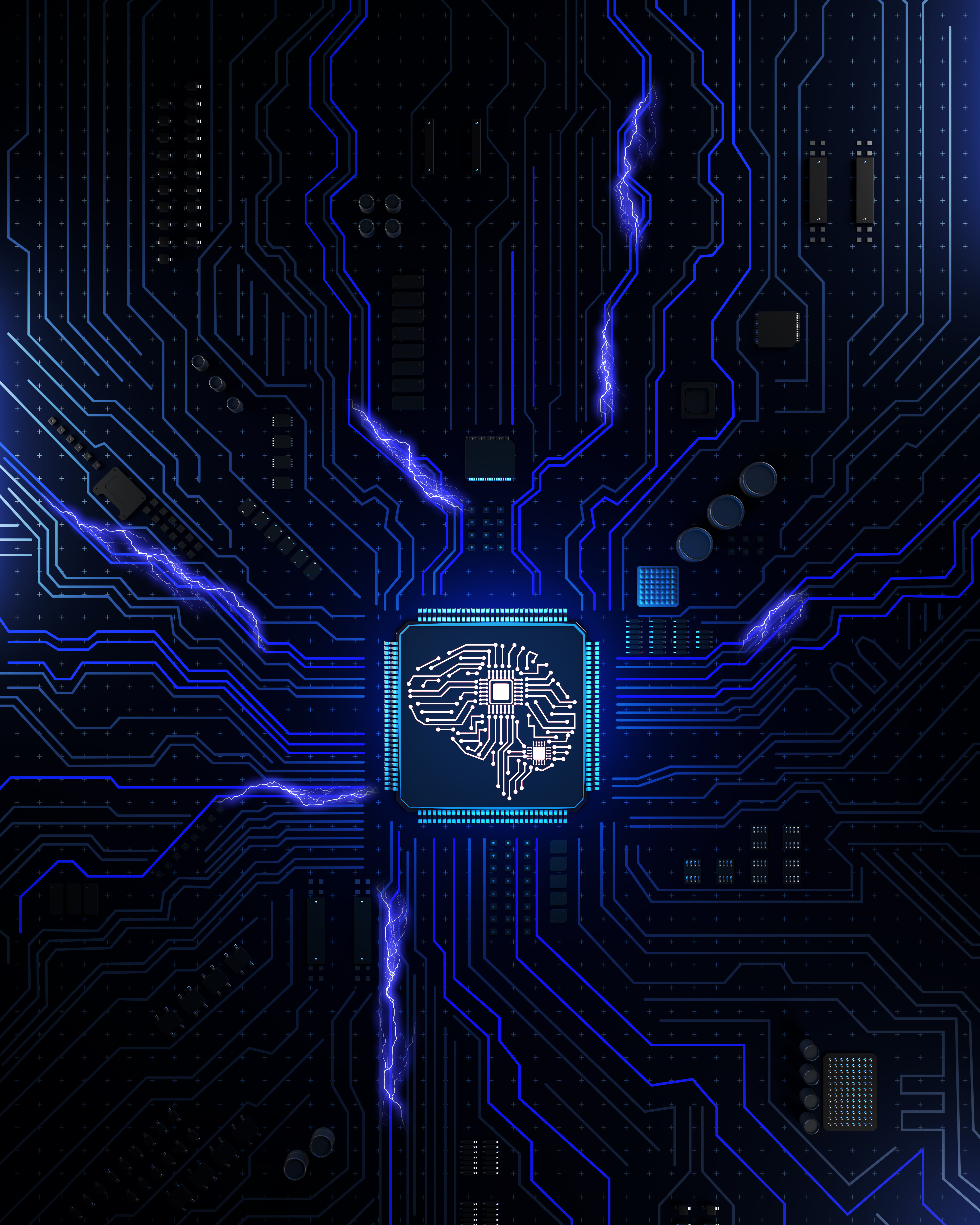Opportunities, Challenges, and the Future of AI in Healthcare
Artificial Intelligence (AI) has been making significant strides across various industries, and healthcare is no exception. As technology advances, AI is becoming increasingly integrated into the healthcare system, transforming how we diagnose, treat, and manage patient care. This blog post explores the current state of AI in healthcare, its potential benefits, challenges, and the future outlook for this transformative technology.
AI is already being used in various aspects of healthcare, from diagnostics and imaging to drug discovery and patient care management. Machine learning algorithms analyze medical images, such as X-rays and MRIs, to detect abnormalities and assist in diagnosis. Natural Language Processing (NLP) extracts valuable information from electronic health records (EHRs) and medical literature. Additionally, AI-powered virtual assistants and chatbots are developed to provide personalized patient support and triage.
There are numerous potential benefits of AI in healthcare. One of the most significant advantages is improved accuracy and efficiency in diagnosis. AI algorithms can process vast amounts of medical data, identifying patterns and anomalies that may be missed by human eyes. This can lead to earlier detection of diseases and more precise treatment plans. AI can also streamline administrative tasks, such as appointment scheduling and paperwork, allowing healthcare professionals to focus more on patient care.
Moreover, AI has the potential to revolutionize personalized medicine. By analyzing a patient's genetic data, medical history, and lifestyle factors, AI algorithms can predict an individual's risk of developing certain diseases and recommend tailored prevention and treatment strategies. This approach can lead to more effective and targeted therapies, ultimately improving patient outcomes.
Despite the promising potential of AI in healthcare, several challenges and concerns need to be addressed. One of the primary issues is data privacy and security. As AI relies heavily on patient data, ensuring the confidentiality and protection of sensitive information is crucial. Robust data governance frameworks and strict security measures must be implemented to prevent unauthorized access and misuse of patient data. Another challenge is the potential for bias in AI algorithms. If the training data used to develop AI models is biased, it can lead to inaccurate results.
There are also concerns about the impact of AI on the healthcare workforce. While AI can augment and support healthcare professionals, there are fears that it may lead to job displacement in certain areas. However, it is important to note that AI is not intended to replace healthcare workers but rather to complement their skills and expertise, enabling them to provide better patient care.
The future of AI in healthcare looks promising, with continued advancements in technology and increasing adoption by healthcare organizations. As AI becomes more sophisticated, we can expect to see more accurate and efficient diagnostic tools, personalized treatment plans, and improved patient outcomes. AI may also play a significant role in preventive care, helping individuals maintain optimal health and reduce the risk of chronic diseases.
Moreover, AI has the potential to transform healthcare delivery models, enabling remote monitoring and telemedicine. With AI-powered wearables and smart devices, patients can be monitored continuously, allowing for early detection of health issues and timely interventions. This can be particularly beneficial for individuals living in remote or underserved areas, improving access to quality healthcare services.
AI is poised to revolutionize the healthcare industry, offering numerous opportunities for improved patient care, efficiency, and innovation. While there are challenges and concerns to be addressed, the potential benefits of AI in healthcare are significant. As we navigate this journey, we must ensure that AI is developed and deployed responsibly, focusing on patient privacy and the well-being of patients and healthcare professionals. By embracing AI as a powerful tool to augment human expertise, we can pave the way for a future where healthcare is more precise, personalized, and accessible for all.


 By
By


